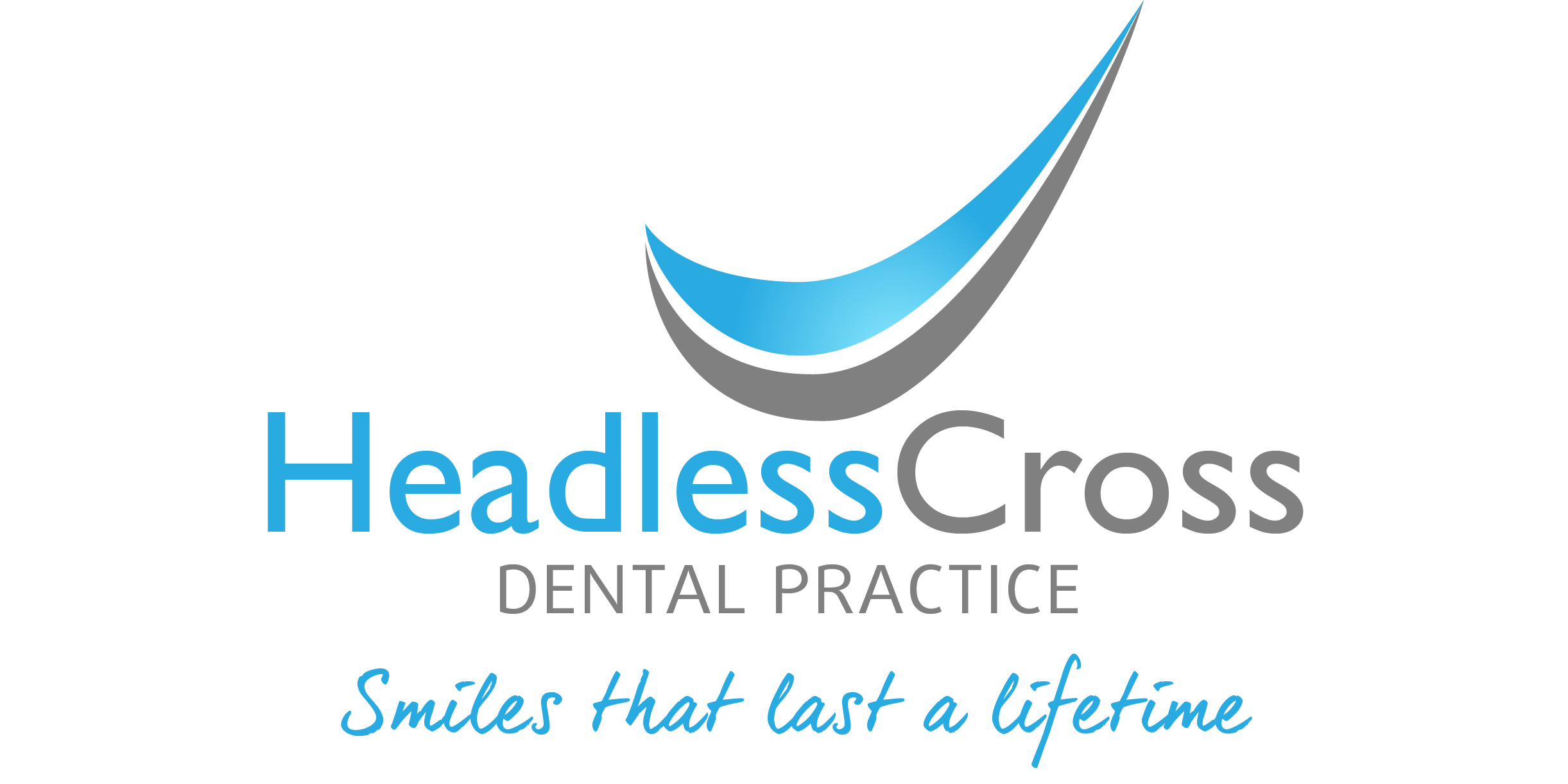In Conversation with Bee: We Talk about Changes Currently Affecting Dental Care
We decided to make a short video for our patients to keep you up to date with the ever changing times that we are living through. We like to keep our patients in the loop as we know that this way, we all better understand why changes are being made. We have adapted our approach to continue to provide the best care despite some headwinds. In the video, you will see Bee, our dental therapist, explain some ways in which patients can prevent dental problems, and also explain some new terms which are becoming common place in our field. I hope that by watching the video, you will gain an understanding of why we are leaving time in between patients.
During March 2020, and the first coronavirus wave, we were required to stop seeing patients at the practice. At this point, myself and Simon were put in a challenging position of virtual consultations and driving to deliver filling kits and medications to patients. Not being able to deliver our normal service was hard because we both genuinely care about our patients' wellbeing. It is never a situation which we wish to go back to.
During this time, we each joined discussions with our dental unions and governing bodies to stay informed. We worked behind the scenes to invest in new equipment and knowledge which we had hoped would allow to get back to seeing patients face-to-face when it was safe to do so.
We could not have done this without our amazing staff which met weekly for zoom chats during the lockdown. Our first thoughts during this time were the health and mental wellbeing of our team. We have a resilient team with a great sense-of-humour, and thankfully we have all managed to stay positive, even if there have been personal and family struggles along the way thus far. I am sure that many of our patients have experienced their own struggles. It has been both heart-warming and sobering to listen to these stories of helping one another and also of the more challenging experiences.
In June 2020, Sarah Hurley, our chief dental officer, announced that it was safe for dentists to return to seeing their patients face-to-face pertaining to us having in place a number of vigorous safety measures and new policies. Thankfully, we had remained up to date with these likely changes and this allowed us to be up and running shortly after this announcement.
Having returned in June, we are thankfully not reacting to dental problems, but we are as we'd hoped to be once more, preventing dental issues before they become necessary to treat. This allows us to either not need treatment, or if treatment is required, it is much more predictable and can last much longer.
I am well aware that there are many patients whom cannot find a dentist at this time, we therefore have included a small section where Bee explains some simple and effective ways to prevent dental problems. It never gets boring for us to talk about prevention, it's far better than treatment and you'll always hear us talking about this when you see us.
A technical point which will almost certainly be new to our patients, is 'fallow time.' Bee explains this very well and essentially, we need to leave time in between patients whenever we generate an aerosol. An aerosol is generated when a water scaler or dentist drill with water is used. We think there is a potential risk of the water being mixed with saliva and this remaining in the air for some time after the procedure.
To mitigate this risk, every surgery now has a series of methods to prevent this air being a risk for the next patient and the dental staff. We have a comprehensive blog article about this added in May 2020 - (Headless Cross Dental Practice- Post Covid-19 — Headless Cross).
I will just summarise below: -
Air is removed from surgeries using high volume evacuation fans for a minimum of 10 minutes after the aerosol procedure stops.
Ventilation is added to the rooms via vents in walls or leaving windows open.
High volume suction units (although noisy) remove most of the potentially infectious air at it's source.
Dentists using rubber dams and so very simply the water is not mixed at all with saliva (Rubber Dam: What is it and why do we use it? — Headless Cross)
HEPA filters are across the practice which capture the air, remove and kill viruses, and return clean air.
Staff have received their COVID-19 Vaccines and are tested twice weekly for being carriers.
Essentially, we have to allow for additional time in between patients for the air to be safe again, but also to only clean once this time has passed. This won't go on forever but please be patient with us during this time. Thank you all for your understanding and for sticking with us.
Thanks for reading this somewhat technical instalment of the blog, I hope it was useful!
